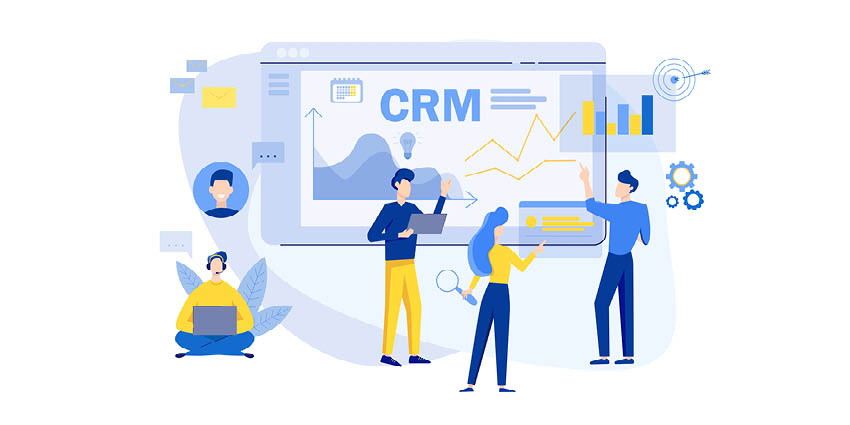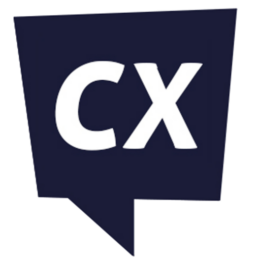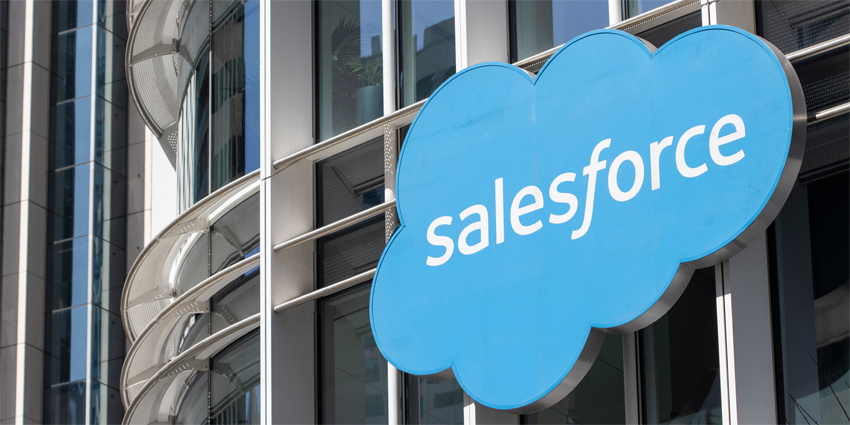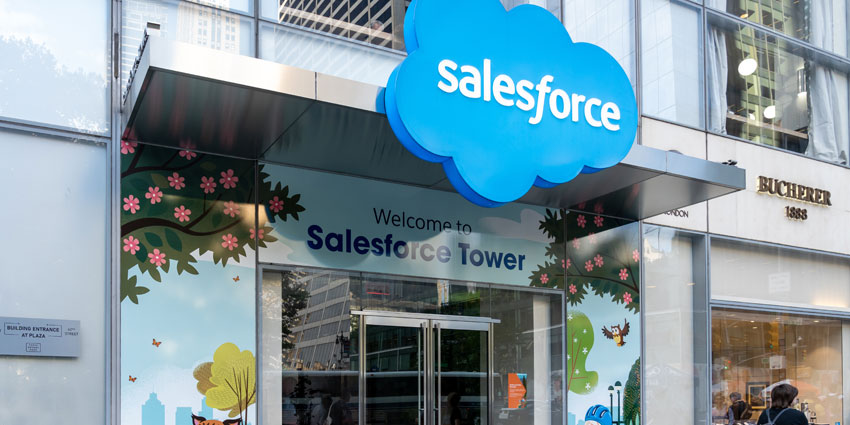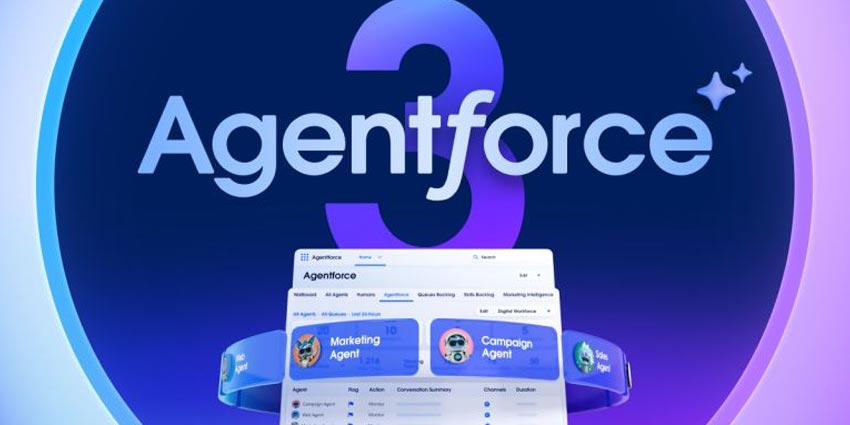Fortune Business Insights research shows that the global CRM market size will reach $128.97 billion by 2028 from $58.04 billion in 2021.
Such growth is likely to be fuelled by new CRM innovations, including enhancements that stem from advancements in AI-driven technologies and the internet of things (IoT).
However, CRM integrations will also help to perpetuate the system’s value across the enterprise. One such integration is with a helpdesk solution, paving the way for the rise of the CRM ticketing system.
What is a CRM Ticketing System?
A CRM system offers companies the space to gather and store customer data. Meanwhile, a helpdesk solution tags customer contacts while providing the environment to understand and manage customer demand.
A CRM ticketing solution combines these benefits, enabling companies to govern their client database and contact center tickets in one place.
As such, contact centers can add customer context to support tickets, as the technology allows the operation to prioritize customer contacts.
Typically, the system also comes with a specialized dashboard that lets businesses organize and manage many support tickets while improving user experience.
The integration between a CRM and ticketing system also provides valuable customer data that leaders can harness to enhance customer service experiences, isolating significant issues that lead to high contact volumes.
Alongside this, the CRM ticketing system provides businesses with a centralized location for managing all customer communication, including both tickets generated from within the CRM system and those received from external sources, such as social listening software.
How Does a CRM Ticketing System Benefit Your Business?
The following are some of the most important benefits of a CRM with a built-in ticketing system:
- Centralization – Companies save the time-consuming task of digging through call recordings and conversation transcripts for information and difficulties. An integrated centralized system provides instant access to all data and aids in problem resolution.
- Automation – It is possible to mechanize business operations such as ticket prioritizing and categorization using a CRM ticketing system. Businesses may also automate routing, verify the status of tickets, and handle alerts and notifications.
- Efficiency – As most processes associated with this technology are easy to automate, agent workload decreases, and contact center efficiency increases.
- Prioritization – This system allows users to prioritize requests based on CRM data such as customer value or sentiment – a feature available within many advanced CRM platforms.
- Performance – With this technology, businesses can measure the performance of both their sales and support teams based on tickets resolved. Doing so helps identify critical improvement opportunities.
- Data management – It helps companies manage their customer data more effectively, storing customer contact information, tracking customer conversations, and generating reports that highlight ticketing trends.
- Cost management – Businesses save time and money by automating the ticket tagging process and data flow between the CRM and helpdesk solutions.
How to Choose the Right CRM Ticketing System for Your Business?
The following are key parameters that enable companies to zero in on the right CRM ticketing solution for them:
- Integrates with your existing CRM – Choose a system that integrates with the current CRM will save time and money in the long run.
- Ease of use – Ideally, the solution should include an intuitive interface that enables the team to collate a simple view of contact center demand, isolate ticketing trends, and automate various processes.
- Scalability – An organization’s CRM ticketing system should grow with the business, enabling the contact center to handle tickets and leads at scale.
- Offers a free trial – It is always good to choose a CRM ticketing system that provides a free trial. The trail will allow users to test the system and see if it is a good fit for their business.
The cost of a CRM ticketing system varies depending on the features, and functionality users require.
Tips on Using and Maintaining a CRM Ticketing System
Here are some tips on using and maintaining a CRM ticketing system:
- Harness a customer data platform to feed the CRM with clean, structured data
- Prioritize tickets in line with their urgency and relevant customer data
- Use reporting to track demand drivers, addressing them one by one to reduce contact center demand
Further, keep in mind that a CRM and a CRM ticketing system are not identical. The latter also enables the contact center to track, manage, and resolve customer support issues.
Ticketing and CRM: A Winning Combination
Businesses looking for a better, more efficient way of managing customer relationships and interactions should consider a CRM ticketing system. After all, the system helps organizations keep track of customer interactions, streamline support processes, and improve customer service.
Yet, when choosing a CRM ticketing system for your business, it is essential to consider specific needs and requirements such as the number of seats, customer data sources, and user roles. There are a variety of CRM ticketing systems available on the market, so it is crucial to select one that will work well for your business.
Discover further CRM integrations that can enhance contact center performance by reading our article: Contact Centre Integrations That Will Bolster Your CRM Strategy
